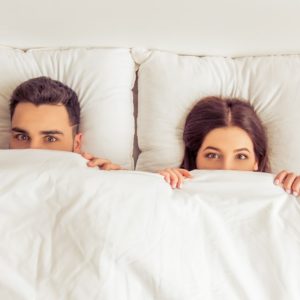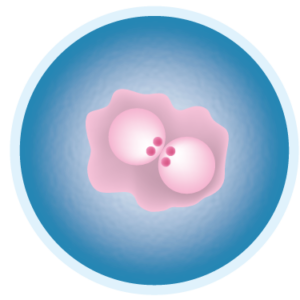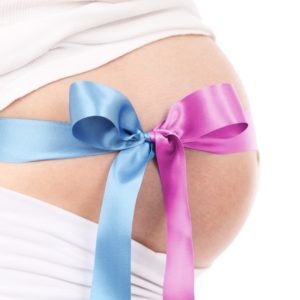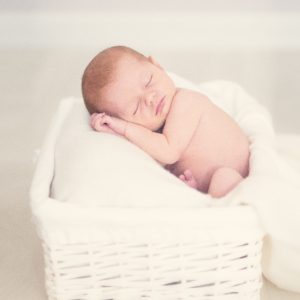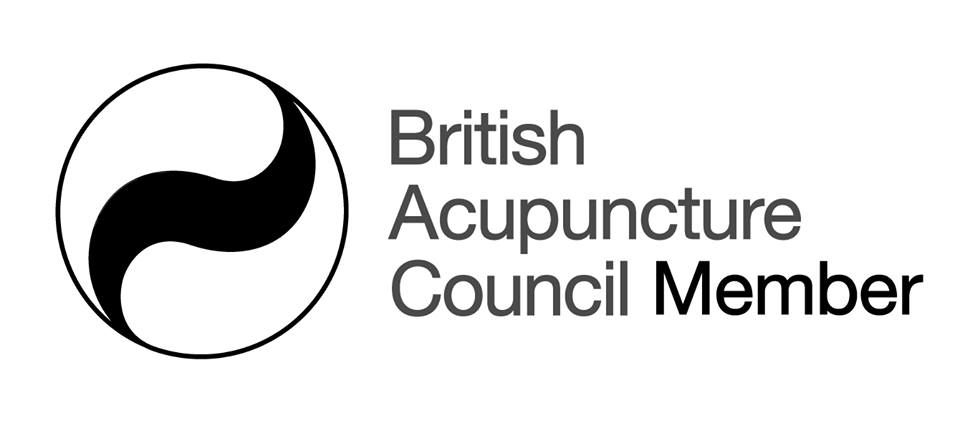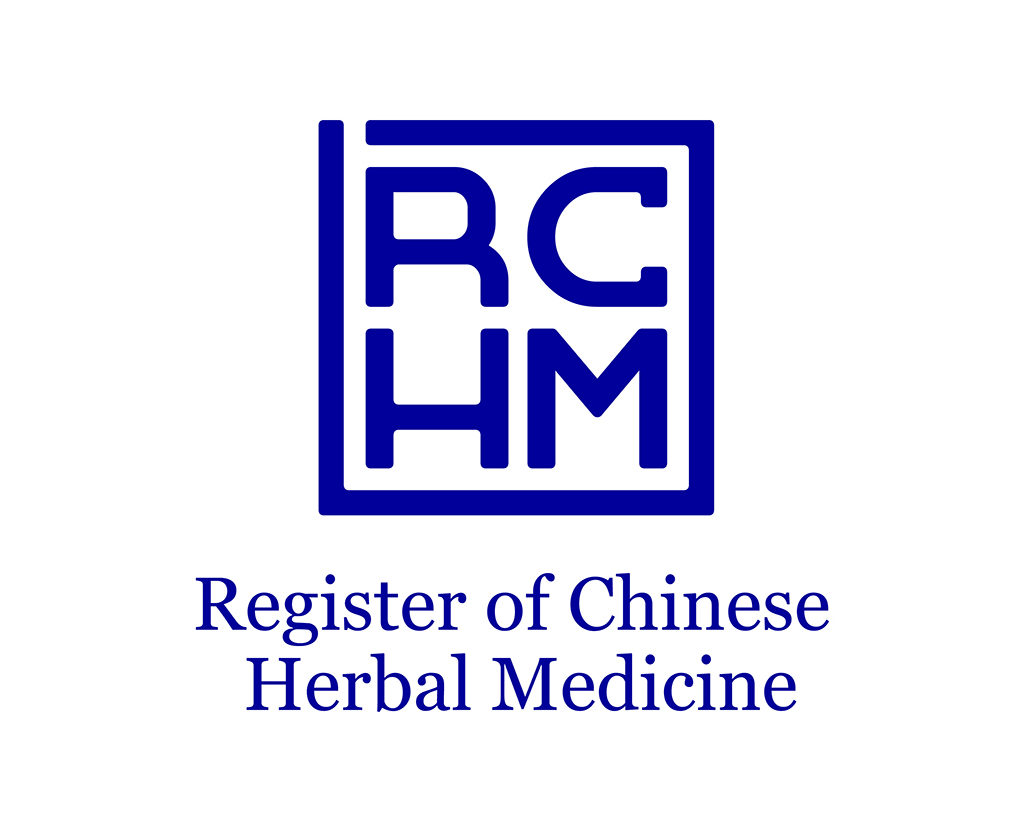acupuncture
Natural remedies for health
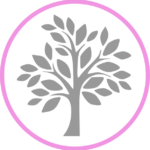
What is acupuncture
Chinese Medicine (CM) has a history of several thousand years. It’s based on a beautiful natural philosophy of energy (qi), of ebb and flow, of balance, of cycles and of ‘nurturing life’ .
Acupuncture is probably the best known of the Chinese Medicine therapies.
CM describes the body as a complex network of organs and energies, each with its own functions, each affected by heredity, lifestyle and emotions, each dependent on the others.
Connecting all of these organs and functions and all area of the body, from inside to outside, top to bottom, and front to back, is an intricate web of channels or ‘meridians’ which carry the vital ‘energies’ – the ‘qi’, the blood and the body fluids,
Along these channels are over 300 classical acupuncture points, each with specific functions, plus various extra points, and entire ‘sub-systems’ such as ear points.
When everything is flowing well, we are healthy; Illnesses arise when the flow is interrupted in some way. By inserting needles into selected points, according to your diagnosis, an acupuncturist aims to influence the flow of qi and restore healthy balance to the body.
There are many techniques and styles of acupuncture including ear and scalp acupuncture, TCM acupuncture, Korean sujok and Japanese acupuncture, 5 elements, and more.,
My own style is a combination of both modern and traditional Chinese acupuncture (TCM). I also draw on a range of other techniques I have studied over my 27+ years in practice.
You can find out more about me here.
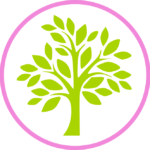
How does acupuncture work?
Honestly. No-body knows how acupuncture works. Western medicine is largely sceptical about acupuncture, mostly because it talks in terms of ‘energies’ and uses very non-western language, concepts aand images.
Non-the-less, in western terms, it seems that it can stimulate the release of molecules called endorphins that help you cope with stress and pain. Some research suggests that acupuncture points lie at places where muscles, nerves and connective tissue can be easily stimulated. Other work shows it to improve blood flow and some shows it to affect hormones.
It’s also mysterious that needling a point, say on your foot, can create sensation at the other end of the meridian, say on your ribs. or that a needle on your toe can create a reaction in the visual cortex.
There’s a lot of modern research into the biolectricity that ‘powers’ the body. This is a fascinating emerging field in science and one which is likely to shed new light on how the human body works, and perhaps on how acupuncture works. If you’re interested to find out more about it, you could look at Michael Levins work or look him up on Youtube where he has loads of videos.
It seems possible that acupuncture could exert its effects in part by moderating the flow of this electrical energy.
What can acupuncture treat?
CM sees health conditions as energetic imbalances and treatments are aimed at restoring balance. Although CM uses different terms and diagnostic labels, acupuncture can be used to treat a wide range of western defined conditions ranging from pain through, stress and anxiety to, IBS, menstrual problems menopause and fertility issues – the list is endless.
acupuncture may help to -
| Support fertility | Smooth menstruation | Balance hormones |
| Boost circulation | Cool inflammation | Reduce pain |
| Relieve stress | Calm your 'shen' | Induce sleep |
| Stimulate immunity | Soothe digestion | Control allergies |
For many reasons, there aren’t many good quality western style studies of acupuncture though this is starting to change. If you are the kind of person who likes to see ‘the evidence’ I recommend you visit the British Acupuncture Council site and take a look at what they have to say about your condition.
Does acupuncture hurt - and is it safe?
Acupuncture needles are hair fine, stainless steel, sterile and single use. You will hardly feel them go in – and you don’t have to watch if you don’t want to!! Acupuncture really doesn’t hurt, but If you’re nervous, your therapist may encourage you to breath through the insertion so you don’t feel tense.
The British Acupuncture Council have strict guidelines for safe practice and the risks of side effects are extremely low, the most common being a tiny pin-prick of blood or a small superficial bruise where a needle has been.
Get in touch if you’d like to make a booking or to find out if acupuncture could help you.
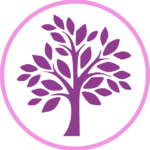
How many treatments will I need?
It’s impossible to say how many treatments any individual might need, as it depends on the condition, how long you’ve had it, and in some circumstances, how old you are.
For most conditions, however, a series of four weekly treatments should start to show some change. You can then discuss a strategy for further treatment.
A basic treatment set for menstrual or fertility issues is usually carried out over 3 menstrual cycles to make a change in hormonal balances. with treatments spaced according to your diagnosis.
Other meridian therapies
The meridian map of the body can be used as the basis for a number of other t;herapies, including various forms of moxa, chinese tui na massage, cupping and gua sha.
Moxa therapy, or moxibustion, uses a burning herb to affect energy flow, gua sha is a kind of ‘scraping’ along acupuncture channels, and cupping uses a vacuum created inside a glass ‘cup’ to stimulate acupuncture points.
Read more about meridian therapies and other health techniques such as qi gong, meditation and breathwork.

